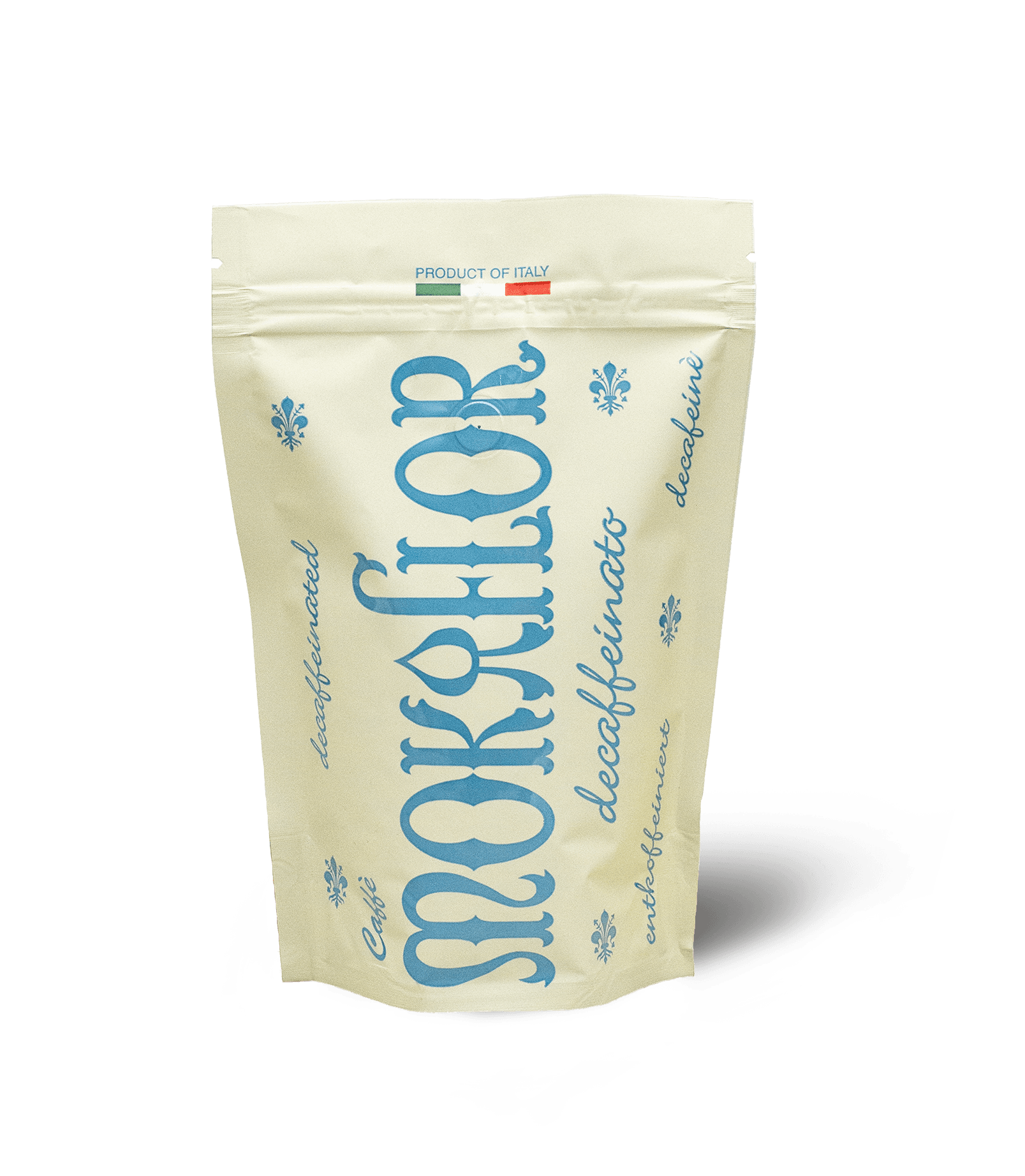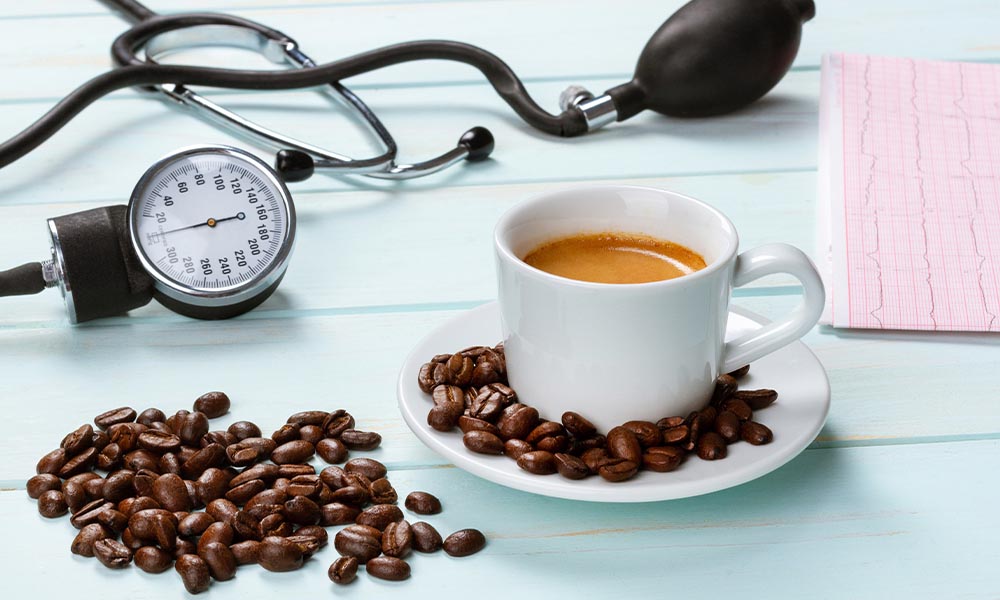
Decaf blend
70/30


If you’re wondering whether coffee raises blood pressure, here you’ll find all the explanations you need on the topic. The relationship between coffee and high blood pressure is often the subject of debate, both among health professionals and regular coffee drinkers. Coffee is one of the most widely consumed beverages in the world and, because of its popularity, it’s important to understand whether coffee raises or lowers blood pressure.
If you’re a coffee lover, you’ll definitely appreciate the high-quality blends from our brand: CaffèLab. On our e-commerce site you’ll find not only coffee beans, but a variety of blends, aromas, and flavours to suit every taste. You’ll also find espresso coffee machines, allowing you to enjoy the pleasure of quality coffee right in your own home.
For those asking whether coffee raises or lowers blood pressure, the answer lies in caffeine – the main active ingredient in coffee – which is known to stimulate the central nervous system. This stimulation causes a temporary increase in blood pressure, especially in individuals who aren’t used to consuming caffeine regularly. However, this effect isn’t the same for everyone: factors such as individual sensitivity, regular caffeine consumption, and the daily amount ingested all play a role.
Once ingested, caffeine is quickly absorbed by the body and begins to take effect within an hour. It stimulates the release of adrenaline, increasing heart rate and the strength of the heart’s contractions. This results, at the vascular level, in a rise in blood pressure.
However, in people who consume coffee regularly, the body tends to build a sort of tolerance: the pressor effect diminishes over time and becomes almost negligible. On the other hand, for those who only drink coffee occasionally, the effect may be more pronounced and noticeable.

Several scientific studies have investigated the impact of caffeine on blood pressure. Research suggests that in non-habitual consumers, a temporary increase in blood pressure may occur, with average rises of around 8–10 mmHg for systolic and 5–6 mmHg for diastolic pressure. In regular coffee drinkers, however, these changes are much milder or even absent.
A report published in the New England Journal of Medicine highlighted that regular coffee consumption is not associated with an increased risk of developing hypertension. In fact, in some cases, it has even been linked to a slight reduction in blood pressure and an overall improvement. Regular and prolonged consumption may actually help prevent the onset of cardiovascular disease.
Not everyone responds to caffeine in the same way. The reaction varies based on numerous factors such as genetics, age, simultaneous intake of medication, and general health conditions. Some people metabolise caffeine very slowly, meaning its effects on the cardiovascular system last longer. Others eliminate it quickly and don’t notice any particular changes.
It’s important to note that those with high blood pressure should carefully monitor how their body responds to caffeine – perhaps by measuring their blood pressure before and after drinking a cup of coffee.
Although it may sound contradictory, in some cases coffee can help stabilise or even lower blood pressure if consumed regularly and in moderate amounts. This effect may be linked to its natural diuretic properties, which help eliminate fluids and sodium, or to the presence of antioxidants, which can improve artery elasticity and endothelial function.
However, this isn’t an immediate effect: these benefits appear over time with consistent and moderate consumption – certainly not with high or irregular doses. If you have high blood pressure, it’s always best to follow your doctor’s advice regarding whether or not to drink coffee.
General guidelines suggest not exceeding one cup a day if you have hypertension. If you suffer from high blood pressure or are particularly sensitive to the effects of caffeine, an alternative could be to opt for decaffeinated coffee. This retains the flavour and aroma but has a much smaller impact on blood pressure thanks to a reduction of up to 97% in caffeine content. Studies show that decaf coffee has minimal impact on blood pressure, allowing people with hypertension to enjoy their favourite drink without compromising cardiovascular health.
Aside from coffee, there are other drinks and foods that contain caffeine and may contribute to your daily intake: tea, energy drinks, cola, dark chocolate, and certain supplements. Even if they seem harmless individually, together these sources can become significant – especially for those with unstable blood pressure.
Coffee, when consumed in moderation and with awareness, isn’t necessarily harmful to those with high blood pressure. The key is not to overdo it, to observe how your own body responds, and if in doubt, to speak with your doctor.